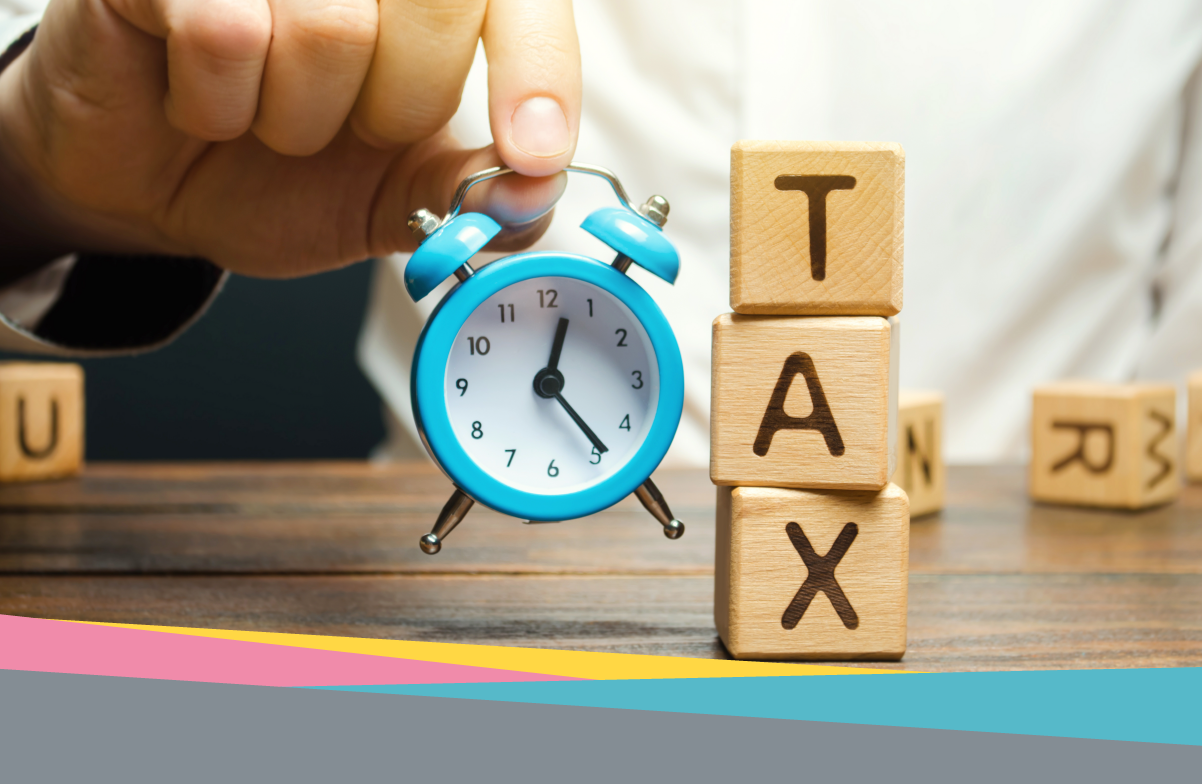What are rent controls?
VAT-registered businesses with a taxable turnover above the current £85,000 VAT threshold are already required to follow Making Tax Digital rules.
But all remaining VAT-registered businesses with turnover below £85,000 must now follow MTD rules for their first tax return starting on or after April 2022.
If you are registering your business directly, you can do so directly with HMRC here.
Setting the Scene
A new tax system for businesses is going live, and it moves the UK’s tax system further towards the digital age.
Making Tax Digital (MTD) is an initiative introduced by the Government to make it easier and more efficient for businesses and individuals to record and declare their tax liability to HMRC and, importantly, get it right.
Under these MTD rules, HMRC will legally require eligible businesses to record transactions digitally and submit VAT returns to HMRC using compatible accounting software. You can check which software is acceptable on the Government website.
What records will I need to keep digitally under Making Tax Digital rules?
Businesses are required to keep an exhaustive list of digital records as part of MTD, including but not limited to:
- Business name, address and VAT registration number
- any VAT accounting schemes you use
- the VAT on goods and services you supply
- the VAT on goods and services you receive
- any adjustments you make to a return
The full list of required records can be read here.
2024 date for the diary for Letting Agents and Landlords
In April 2024, Making Tax Digital will require any self-employed letting agents and landlords renting out properties as individuals to keep digital records for tax purposes:
- Any landlord who earns more than £10,000 a year from rental income will need to be MTD compliant.
- Any sole trader whose combined annual income (including from a rented property) will need to be MTD compliant.
The good news for landlords is two-fold:
- MTD demands similar information as the current system, so their self-assessment workload should become easier
- The deadline for this transition has been deferred from 2023 to 2024, thereby giving businesses, agents and individuals more time to move to the digital system.
It is worth noting that landlords cannot yet sign up to MTD, and it is predicted that HMRC won’t allow sign ups until closer to the 2024 deadline.
Other Upcoming Changes
Making Tax Digital will also include corporation tax in the future. No deadlines have been set, but the government has already published its response to a consultation, saying it will “provide sufficient notice ahead of implementation.”
Strong Support for Making Tax Digital
UK businesses are increasingly turning to digital tools to make their work more efficient, secure and easier to work remotely.
The government consultation said that “almost all respondents suggested a series of benefits” from Making Tax Digital, including “cost, time and a reduction in both administrative burden and errors by having a consistent approach.”
It went on to say that Making Tax Digital will “make it easier for businesses to keep on top of their tax affairs, enabling them to see real-time data on the health of their finances and—by offering the tax authority a more accurate picture of taxpayers’ financial position—supporting enhanced resilience against any future economic shock.”
The consultation also says that businesses already using MTD are reporting “time saved, reductions in input errors and increased confidence in managing their tax affairs.”
However, the consultation does state there was some criticism of the system, with “suggested possible challenges”, with criticism aimed at “software complexity” and “being too difficult to standardise”.
How much will transferring to Making Tax Digital cost?
Under MTD, businesses will have to install MTD-supporting software to keep and send digital records to HMRC.
The cost of buying and installing new software therefore lies at the feet of participating businesses. While the government has not confirmed the cost of the new software, projected figures include a £300 set up cost, plus up to £50 per annum upkeep costs.
The government has also advised businesses to take the cost of understanding new processes and systems, plus the reallocation of staff resources, into account when judging the cost of MTD.
How can I help my landlords with this transition?
As always, simply communicating with your landlords to make them aware that there will be new tax rules will always help and advise them to seek independent professional tax advice well in advance of the changes coming into force.
The good news is that the government’s extension means landlords don’t need to rush and have until April 2024 to ensure they are compliant.
Learn everything you need to know about MTD on the government website, here.

